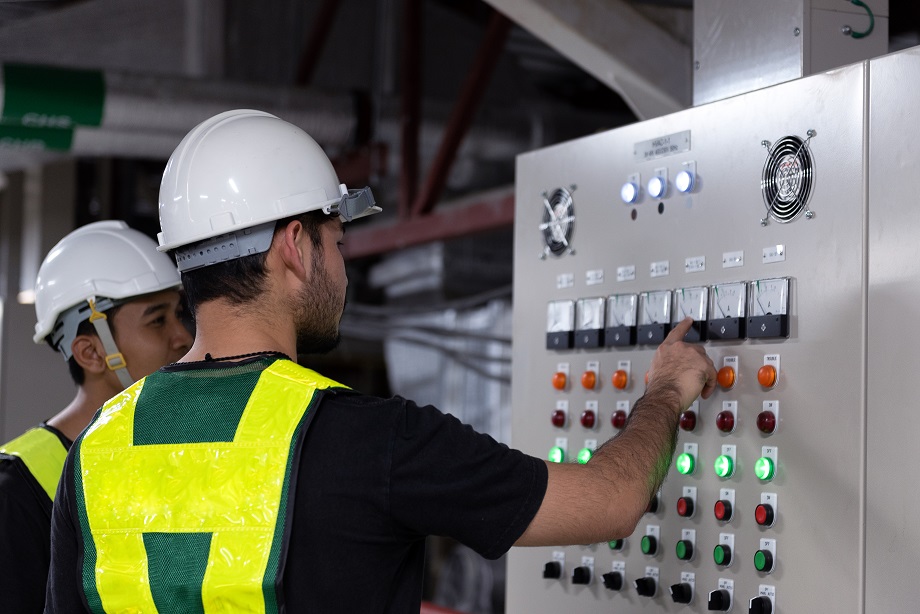Engineering is a field that transcends mere technical knowledge; it demands a unique blend of creativity, analytical thinking, and interpersonal skills. What truly sets great engineers apart isnt just their ability to solve complex problems but also their innate qualities that fuel innovation and collaboration.
Whether designing groundbreaking technologies or streamlining intricate processes, exceptional engineers share certain characteristics that empower them to excel. In this article, we will explore the top three qualities that not only define their success but also inspire future generations of engineers to push boundaries and transform ideas into reality.
From their adaptability to ever-changing challenges to their unwavering commitment to teamwork, let’s delve into the essence of what makes an engineer truly great.
Problem-Solving Skills

Problem-solving skills are the backbone of engineering excellence, acting as the compass that guides professionals through the labyrinth of challenges they frequently encounter. An engineers ability to dissect a complex issue and derive effective solutions is not just about analytical prowess; it demands an intuitive grasp of diverse concepts, innovative thinking, and resilience.
For instance, consider a scenario where a system malfunctions under unpredictable conditions; a skilled engineer doesnt merely apply standard procedures. Instead, they delve deeper—analyzing underlying patterns, conducting simulations, and leveraging interdisciplinary knowledge to conjure tailored strategies.
This nuanced approach transforms problems into opportunities for innovation, enhancing both infrastructure and systems. Ultimately, the most outstanding engineers are those who wield their problem-solving skills as a blend of creativity and logic, forging pathways to groundbreaking advancements.
Strong Communication Abilities

Strong communication abilities are essential for engineers, as they bridge the gap between intricate technical concepts and diverse audiences. Imagine an engineer tasked with presenting a groundbreaking project to stakeholders unfamiliar with the jargon; the way they articulate their ideas can either inspire confidence or stoke confusion.
This requires not only clarity in explaining complex systems but also active listening to understand the needs and concerns of others. Collaboration is at the heart of engineering, necessitating effective dialogue with team members, clients, and cross-disciplinary partners.
It’s not just about speaking well; its also about adapting one’s communication style to suit various contexts—be it a detailed report, a compelling presentation, or a casual brainstorming session. Ultimately, the engineer who masters this art fosters innovation and ensures that projects come to life seamlessly, driven by a shared vision.
Adaptability and Continuous Learning

Adaptability and continuous learning stand as cornerstones in the ever-evolving field of engineering. In a world where technology advances at breakneck speed, an engineers ability to pivot, embrace new methodologies, and integrate innovative tools can spell the difference between success and obsolescence.
Gone are the days when a single skill set sufficed; today engineers must cultivate a mindset geared toward lifelong learning, constantly refreshing their knowledge base and skill repertoire. They might find themselves navigating through a complex project requiring a blend of established methods and emerging technologies, where flexibility becomes paramount.
Whether its mastering a new programming language overnight or shifting gears to tackle an unforeseen challenge, the best engineers thrive on this dynamic landscape, eager to absorb insights, share knowledge, and push boundaries—transforming obstacles into opportunities with remarkable finesse.
Conclusion
In conclusion, the path to becoming a great engineer is paved with essential qualities that not only enhance technical skills but also foster collaboration and innovation. Problem-solving abilities empower engineers to navigate complex challenges, while strong communication skills ensure that ideas are conveyed effectively across teams and stakeholders.
Additionally, a commitment to continuous learning enables engineers to stay ahead in an ever-evolving field. By embodying the qualities of a great engineer, engineers can not only contribute to their own success but also drive meaningful advancements in technology and society as a whole. Ultimately, these attributes serve as the foundation for those aspiring to make a significant impact in the engineering world.




